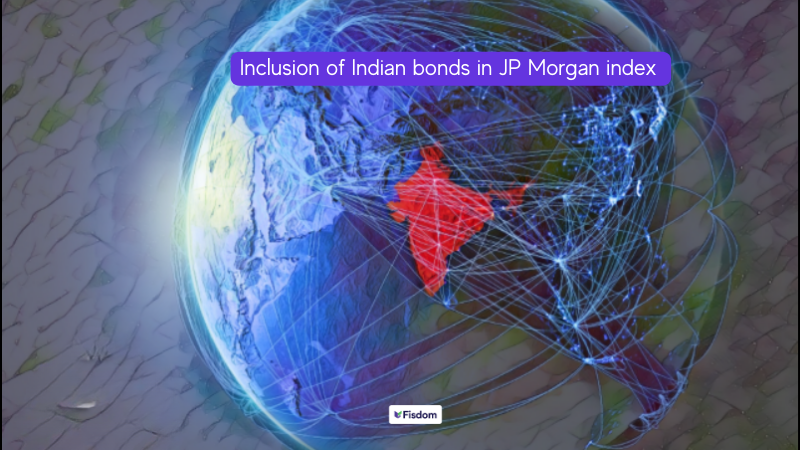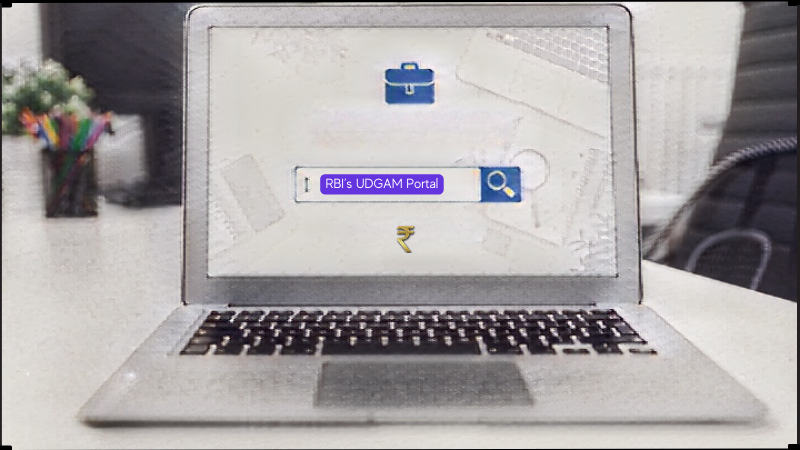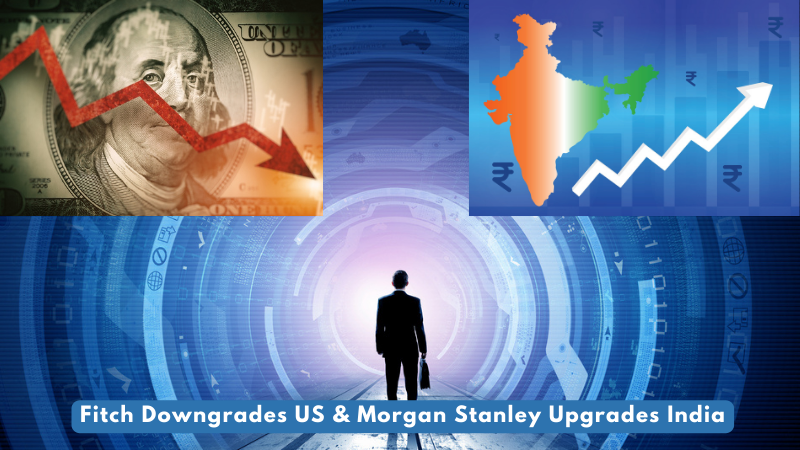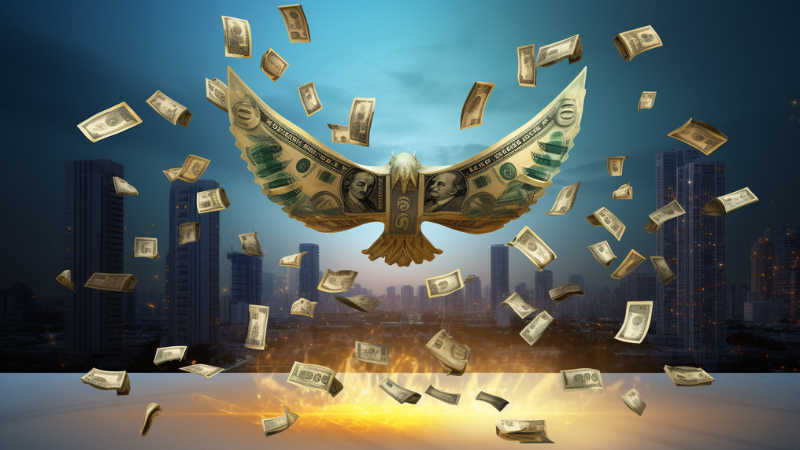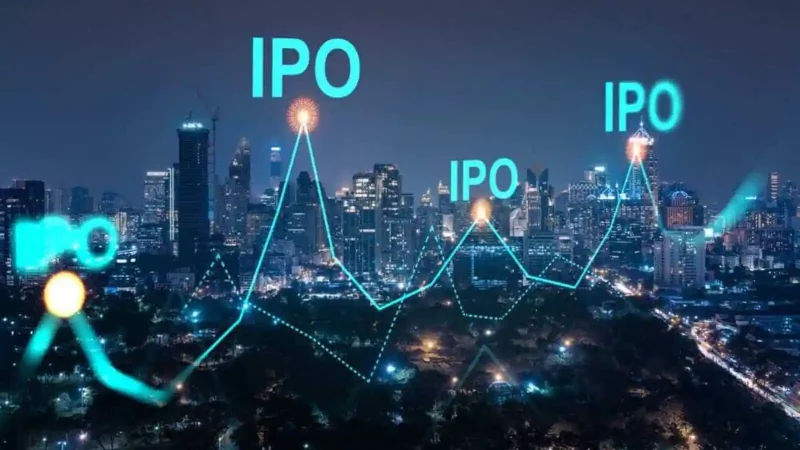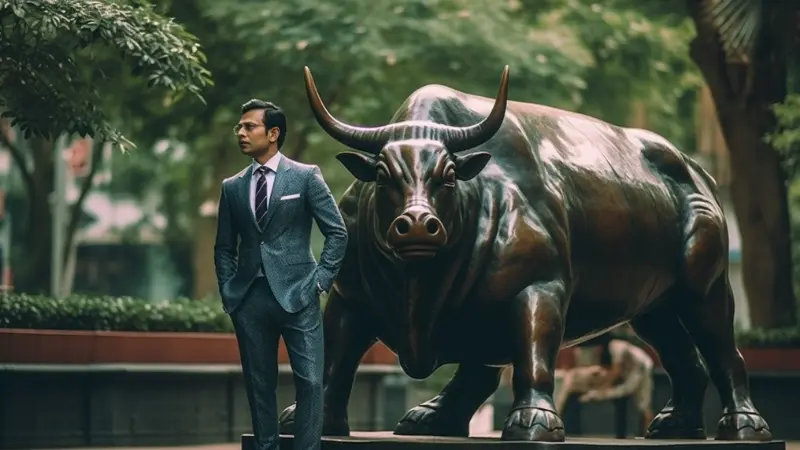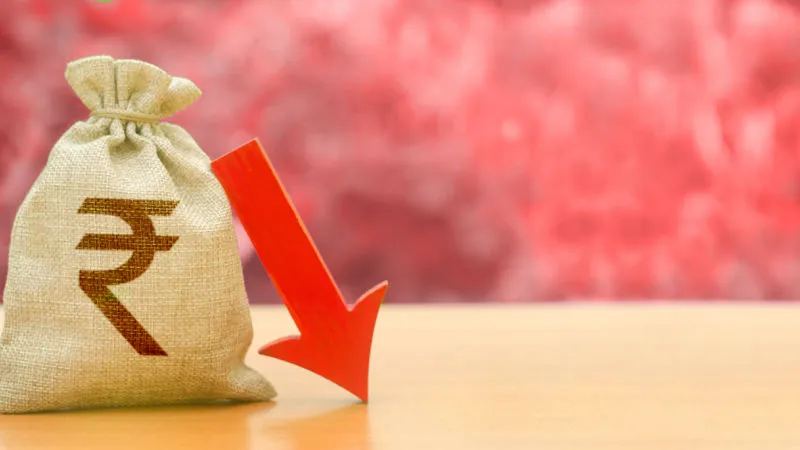
The global economy is increasingly showing signs of a possible recession while some experts even fear the advent of depression in a few countries. Although the Indian economy is seen to be standing on robust ground with its stock markets outperforming most global markets, it may have to face an impact of the global economy slips into recession.
Economic downturns are something that no one likes, as jobs are fewer, there are no pay hikes, everything costs more, investments take a beating and many other impacts.
Terms like “recession” and “depression” are suddenly being talked about but not many know what they actually mean. More so, do you know what is the difference between the two?
Here we will simplify these terms for a layman to get a better understanding of them and also help in differentiating them.
Recession definition: what is a recession?
A recession is an economic situation when a country’s GDP or gross domestic product growth remains negative for two consecutive quarters. It is a phase in which an economy’s growth is shrinking. Such an economic phase may last for a minimum of six months but there is no fixed time period until which it may last.
For any economy to deal with a recessionary phase is very tough, however, this phase is a crucial element of a business cycle.
Read more: What are the indicators to monitor for recession?
Economies continue to grow until they reach their peak and then begin to slow down before experiencing a downturn. This downturn results in economic contraction and eventually results in a recession. After the recession, the economy begins to bounce back and starts expanding once again to go through the entire cycle all over again.
Below is a pictographic representation of this economic cycle.
Image source – IG.com
Characteristics of recession in an economy
Here are some of the key characteristics that help us identify the recessionary phase in an economy:
- High unemployment – Recessions often see high levels of unemployment as companies begin to lay off some workforce to balance against low demand.
- Reduced real estate prices – Recessions generally result in reduced real estate sales and prices. This is because home buyers have lesser money in hand and do not want to take the risk of big purchases during a declining economy.
- Stock market falls – Stock prices continue to fall due to lack of investor confidence combined with the inability of companies to earn profits.
- Declining wages – During recession, salaries and wages either remain stagnate or begin to decline since companies aim at cost reduction.
The factors mentioned above indicate that consumers are spending less and this drives down the demand for goods and services in the economy. Thus, the economy’s GDP begins to shrink. Recessions are an integral part of every economic cycle, therefore, these phases are expected to recur periodically.
Causes of a recession
Here are some of the causes of a recession:
- Tight monetary policy by the central bank, which can lead to a credit crunch and reduce spending by businesses and households.
- A sharp decline in consumer confidence due to a variety of factors such as high levels of debt, job losses, or negative news about the economy.
- An increase in interest rates, which can lead to a decrease in borrowing and spending by consumers and businesses.
- A decline in business investment due to uncertainty about future economic conditions or a lack of profitable investment opportunities.
- A decrease in demand for exports due to global economic conditions or trade restrictions.
- A decrease in real estate prices, which can lead to a decline in consumer spending and a decrease in borrowing and lending activity.
- An increase in inflation, which can decrease consumer spending and reduce business investment.
What is an economic depression?
Depression cannot exactly be defined, however, it is broadly recognised as an elongated and severe phase following a recession. We can think of it as something like a severe recession, According to IMF, some economists believe that a decline in GDP of more than 10% can be called economic depression. Depression sees a sharper economic downturn with far more intense economic consequences as compared to recession. This phase is also long-term, which means economic recovery is delayed.
A depression can only come out of a recession, but it is difficult to say when it ends. Some economists think that a depression fades away once the economy begins to revive. However, many theorists believe that depression only ends once economic growth and GDP returns to pre-recessionary levels.
Causes of depression
Here are some of the causes of a depression:
- A severe and prolonged recession that lasts for an extended period of time, leading to a significant decline in economic activity and widespread unemployment.
- A severe financial crisis, such as a stock market crash or banking system failure, that leads to a sharp decline in economic activity and widespread business failures.
- A major economic shock, such as a war or natural disaster, that disrupts economic activity and leads to widespread losses and damage to infrastructure and property.
- A significant decline in consumer spending and investment due to a lack of confidence in the economy or uncertainty about future economic conditions.
- A decline in global economic activity that reduces demand for exports and puts pressure on domestic businesses and industries.
- A decline in government spending or monetary policy that reduces economic activity and leads to a contraction in the economy.
- Structural problems within the economy, such as an unsustainable debt burden or inefficient markets, that lead to a prolonged period of low economic growth and high unemployment.
What are the differences between a recession and depression?
The table below highlights the key differences between these two concepts:
| Recession | Depression | |
| Meaning | It is a part of every business cycle and is seen when there is an economic downturn. | It reflects a severe economic downturn that is prolonged and has severe after-effects. |
| GDP | When an economy reports negative GDP in 2 consecutive quarters, it is said to be in recession. | When GDP declines by atleast 10% and the decline is prolonged. |
| Income | People experience lower income levels as companies cut pays to balance the lack of demand. | Depression weakens the economy and reduces its ability to recover easily. |
| Impact | One economy experiencing recession may cause an impact on other economies too. | Depression is generally at a global level in which international trade is also impacted. |
Conclusion
As we can see from the above points that depression is far more severe and long-lasting than economic recession. It can extend much beyond a country’s economic border. Every investor must keep a close check on economic phases while taking financial decisions as the economic condition can directly impact investment returns.
FAQs
Investing during recession can come with a certain level of risk, however, this phase can offer great opportunities in rupee-cost averaging approach of investing. This means, for example, one can buy equity at low prices. As an investor uses average of falling prices and reinvests dividends into the portfolio, he/she can enjoy good long-term returns.
During a recession, stock markets are highly impacted as prices begin to fall. Due to highly volatile markets, share prices continue to experience sharp swings. Investors may take impulse decisions and some may end up pull their money out of the stock market at losses. During recessions, other investment areas like debt instruments, real estate, etc are also impacted.
Some credit agencies and global banks are hinting at a global economic recession this year, however, it is unclear whether it is here to stay.
Recessionary phases generally see the prices of real estate coming down as demand goes down and buyers tend to stay away from big-ticket investments.














